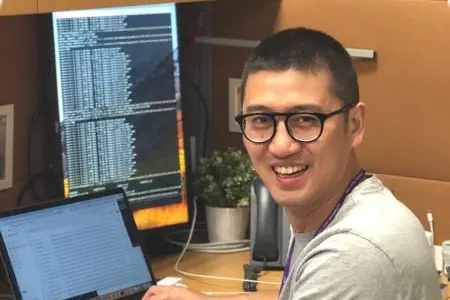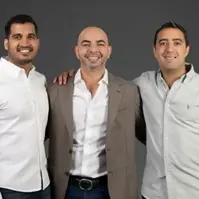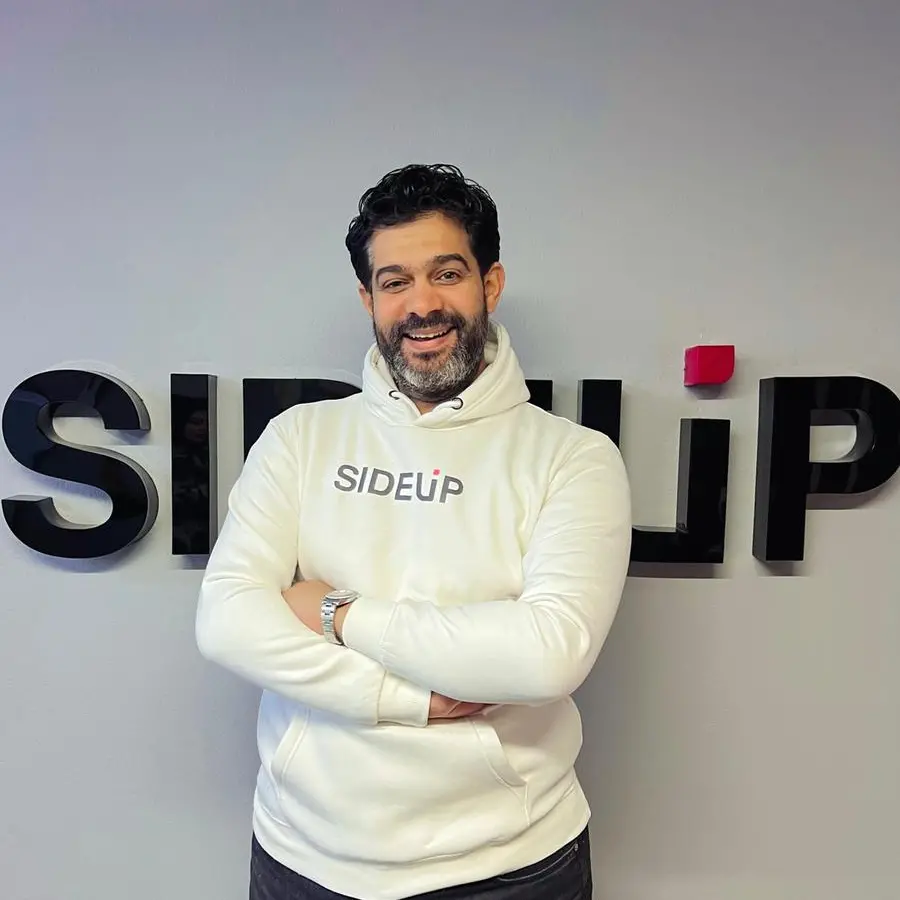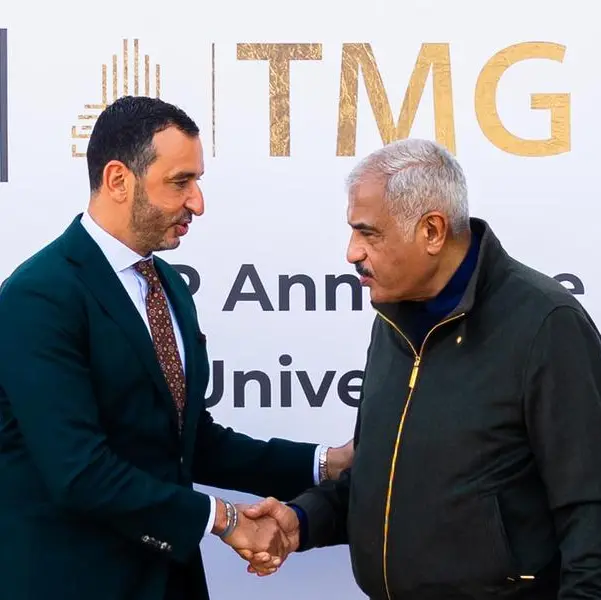PHOTO
Abu Dhabi, UAE: NYU Abu Dhabi (NYUAD) researchers uncovered a code that sets the genome of the liver to account for the remarkable ability for this organ to regenerate. This finding offers new insight into how the specific genes that promote regeneration can be activated when part of the liver is removed. These findings have the potential to inform the development of a new form of regenerative medicine that could help non-regenerative organs regrow in mice and humans.
While other animals can regenerate most organs, humans, mice, and other mammals can only regenerate their liver in response to an injury or when a piece is removed. NYUAD researchers hypothesized that the genes that drive regeneration in the liver would be controlled by a specific code that allows them to be activated in response to injury or resection. They hone in on the epigenome, which is the modifications on the DNA that alter the gene expression, as opposed to changing the genetic code itself.
Using a mouse liver model, the team of NYUAD researchers, led by Professor of Biology Kirsten Sadler Edepli, identified the elements of the epigenetic code present in quiescent liver cells – cells that are currently not replicating but have the ability to proliferate under the right conditions – that activate specific genes to regenerate. Genes involved in liver cell proliferation are silenced in livers that are not regenerating, but the surprising finding was that they reside in parts of the genome where most genes are active. The researchers found that these pro-regenerative genes were marked with a specific modification - H3K27me3. During regeneration, H3K27me3 is depleted from these genes, enabling their dynamic expression and driving proliferation.
In the paper Chromatin states shaped by an epigenetic code confer regenerative potential to the mouse liver published in the journal Nature Communications, Sadler and the lead research scientist on her team, Chi Zhang, present the discovery that the mouse liver contains elements of the epigenetic code that allow pro-regenerative genes to activate when signaled. Epigenetic patterns are a well-established mechanism that coordinate gene expression. However, the way epigenetic patterns contribute to gene expression in the liver or how they impact liver regeneration was previously unknown. Their research uncovered six distinct chromatin states in the mouse liver corresponding to specific epigenetic marks, providing the first chromatin map of this important organ and showing that the elements of this map are essential for liver regeneration. This finding provides a mechanism that keeps cells in the liver in a “ready-set-go” state, in preparation for the signal to regenerate.
“The secret to regeneration is locked in a code in the liver epigenome. We are now studying the ‘writers’ of the epigenetic code -- the enzymes that create the epigenetic marks -- to see how this epigenetic code responds to aging, as the liver’s ability to regenerate declines in older animals - including humans,” said Sadler. “The continued study of the liver’s remarkable ability to regenerate provides promise for the development of regenerative medicine; perhaps we can even try to write the code that allows regeneration in the young liver to cells in older animals, or even to tweak this code in other organs that don’t regenerate and currently can only be replaced using complex, high-risk transplants.”
About NYU Abu Dhabi
www.nyuad.nyu.edu
NYU Abu Dhabi is the first comprehensive liberal arts and research campus in the Middle East to be operated abroad by a major American research university. NYU Abu Dhabi has integrated a highly selective undergraduate curriculum across the disciplines with a world center for advanced research and scholarship. The university enables its students in the sciences, engineering, social sciences, humanities, and arts to succeed in an increasingly interdependent world and advance cooperation and progress on humanity’s shared challenges. NYU Abu Dhabi’s high-achieving students have come from over 115 countries and speak over 115 languages. Together, NYU's campuses in New York, Abu Dhabi, and Shanghai form the backbone of a unique global university, giving faculty and students opportunities to experience varied learning environments and immersion in other cultures at one or more of the numerous study-abroad sites NYU maintains on six continents.
© Press Release 2021
Disclaimer: The contents of this press release was provided from an external third party provider. This website is not responsible for, and does not control, such external content. This content is provided on an “as is” and “as available” basis and has not been edited in any way. Neither this website nor our affiliates guarantee the accuracy of or endorse the views or opinions expressed in this press release.
The press release is provided for informational purposes only. The content does not provide tax, legal or investment advice or opinion regarding the suitability, value or profitability of any particular security, portfolio or investment strategy. Neither this website nor our affiliates shall be liable for any errors or inaccuracies in the content, or for any actions taken by you in reliance thereon. You expressly agree that your use of the information within this article is at your sole risk.
To the fullest extent permitted by applicable law, this website, its parent company, its subsidiaries, its affiliates and the respective shareholders, directors, officers, employees, agents, advertisers, content providers and licensors will not be liable (jointly or severally) to you for any direct, indirect, consequential, special, incidental, punitive or exemplary damages, including without limitation, lost profits, lost savings and lost revenues, whether in negligence, tort, contract or any other theory of liability, even if the parties have been advised of the possibility or could have foreseen any such damages.




















